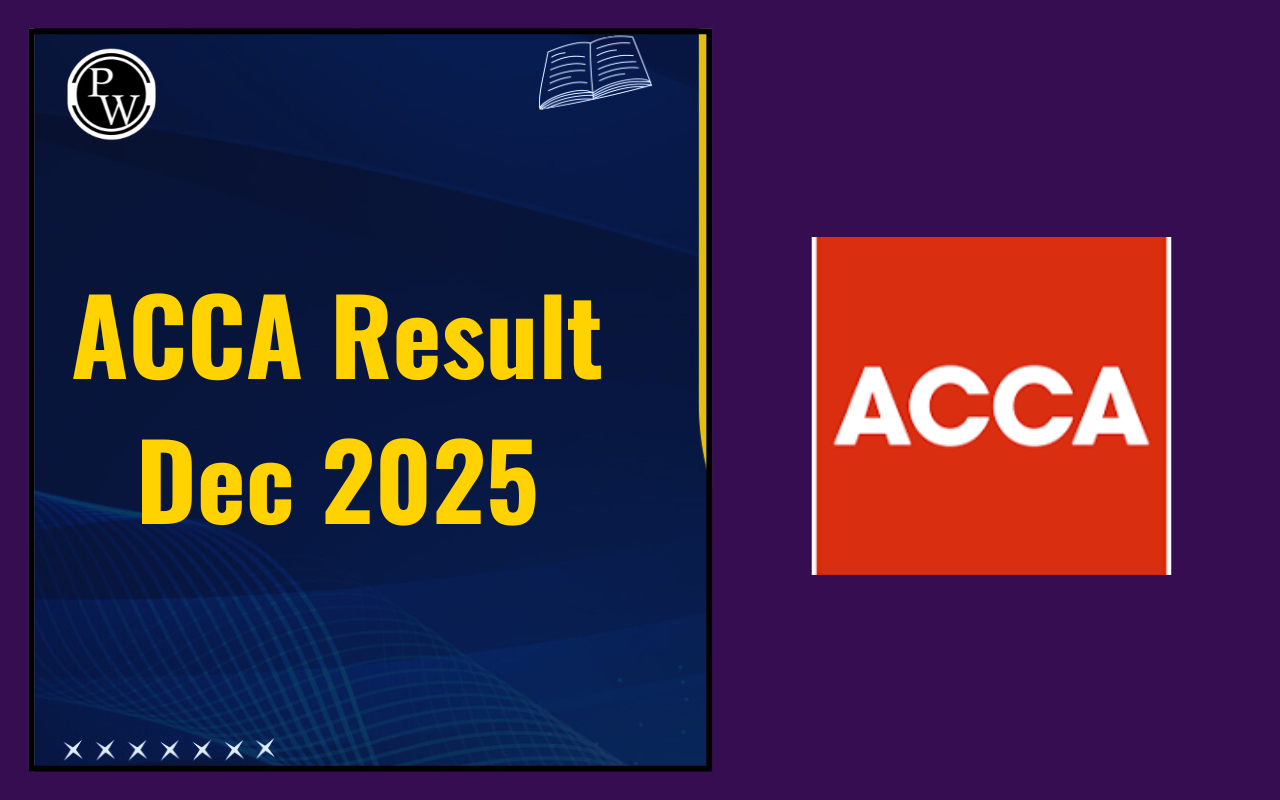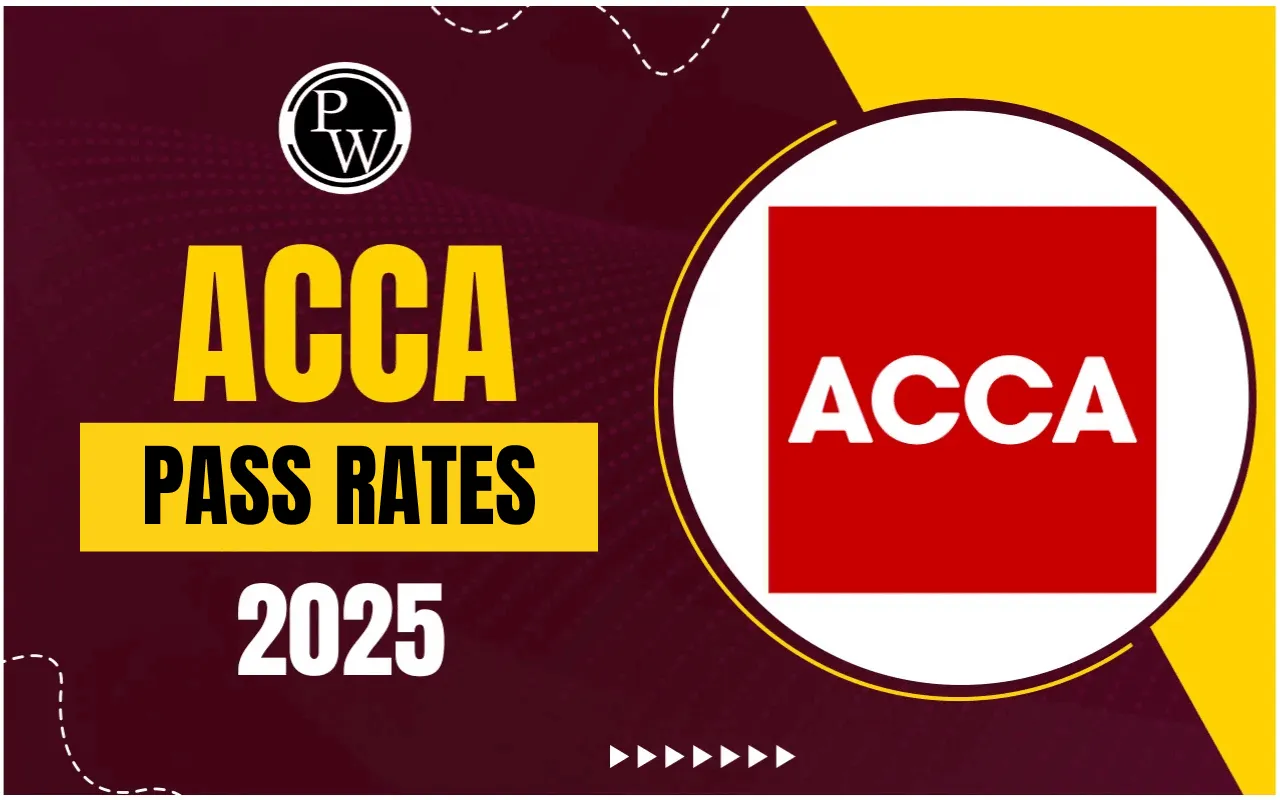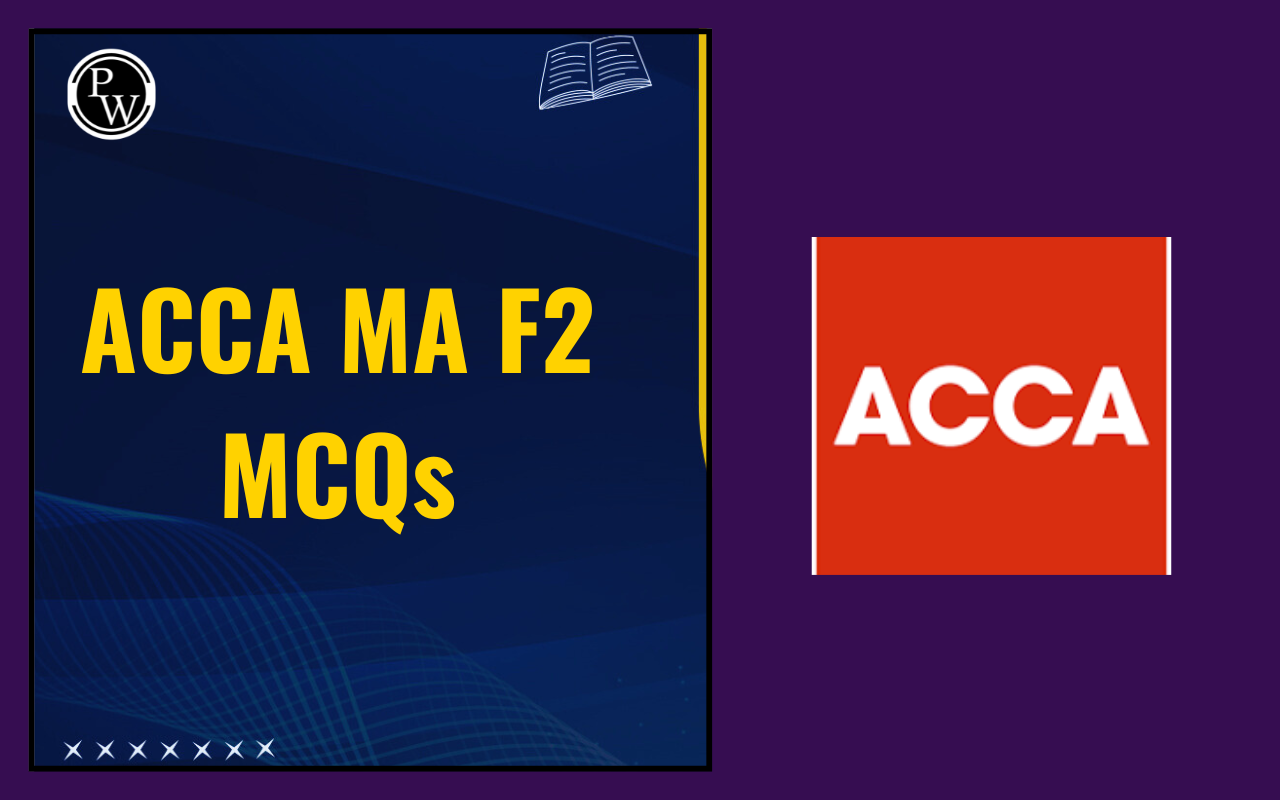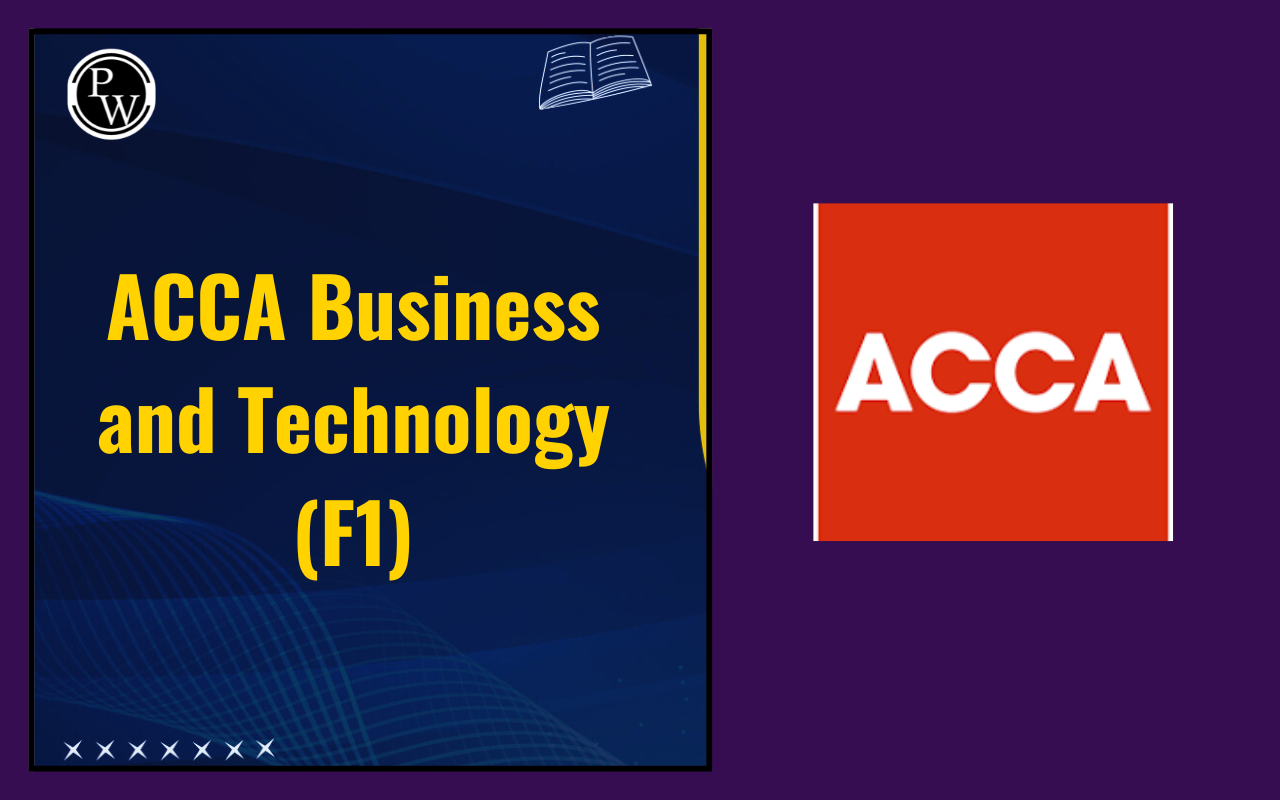
If you’re thinking about building a career in accountancy, the first step is deciding which qualification to go for. Among the most popular options are the AAT and ACCA qualifications. Both are well-respected and open doors to rewarding career paths, but they differ in their focus and the level of expertise they offer.
Here, we’ll break down the main differences between AAT and ACCA, highlight their benefits, and help you choose the one that aligns best with your career goals.
What is ACCA?
ACCA , which stands for Association of Chartered Certified Accountants, is a globally recognized professional body for accountants, with a presence in over 180 countries worldwide. It’s considered one of the most respected and sought-after qualifications for anyone aiming to build a successful career in accounting and finance.
The ACCA qualification prepares students for professional roles in accountancy by equipping them with the knowledge and skills needed to handle complex accounting, auditing, and financial management tasks across various industries.
Structure of the ACCA Course
The ACCA course is divided into three key levels that must be completed in order, as each stage builds on the knowledge gained from the previous one:
Applied Knowledge Level:
This is the foundation stage where students learn the basic concepts of accounting and finance. It covers essential subjects like business and technology, financial accounting, and management accounting.
Applied Skills Level:
At this stage, the focus shifts to more advanced topics, including taxation, audit and assurance, performance management, financial management, and financial reporting. It helps students develop a deeper understanding of financial principles and practical applications.
Strategic Professional Level:
This is the final and most advanced level, designed to prepare students for senior and strategic roles. It includes subjects like strategic business leadership, advanced financial management, corporate reporting, and advanced taxation.
After completing all three levels, ACCA professionals are equipped to take on high-responsibility roles such as financial controllers, auditors, management consultants, and chief financial officers (CFOs).
Benefits of ACCA
The following are the benefits of choosing ACCA:
Global Recognition:
The ACCA qualification is highly respected across more than 180 countries, giving professionals the advantage of international job opportunities and the freedom to work anywhere in the world.
Strong Career Prospects:
Holding an ACCA qualification opens doors to well-paying jobs and positions of responsibility in the accounting and finance industry. It’s a powerful way to fast-track your career growth and step into leadership roles.
Diverse Career Opportunities:
An ACCA-certified professional isn’t limited to just one area. They can work across multiple fields such as finance, taxation, auditing, consulting, corporate governance, and even strategic management.
Flexible Study Options:
One of the biggest advantages of ACCA is its flexible approach. Students can choose when, where, and how they want to study. The exam schedule is also flexible, allowing working professionals to balance their jobs and studies comfortably.
What is AAT?
The Association of Accounting Technicians (AAT) is a well-known UK-based professional body that offers accounting qualifications for individuals starting their careers in accountancy. It’s widely considered an entry-level qualification, perfect for school leavers, career changers, or anyone looking to gain practical accounting skills before moving on to higher-level qualifications like ACCA.
The AAT qualification provides essential knowledge in areas like bookkeeping, financial reporting, and tax management. It’s an excellent starting point for those new to the accounting field or those looking to build a solid foundation for future career growth.
Structure of the AAT Course
The AAT course is divided into three progressive levels, each focusing on specific skills and knowledge areas:
Foundation Level:
This is the starting stage, introducing students to basic accounting principles, bookkeeping, and financial administration.
Advanced Level:
At this level, students build on their foundational skills by learning more detailed accounting techniques, including preparing financial statements, managing records, and handling tax procedures.
Professional Level:
The final stage focuses on higher-level topics such as management accounting, budgeting, and financial performance analysis, preparing students for more responsible roles in the finance and accounting sector.
Benefits of AAT
The following are the benefits of choosing AAT:
Ideal Starting Point
The AAT qualification is perfect for beginners in the accountancy profession. It provides a strong foundation for those who are new to accounting and want to build essential knowledge and skills.
Practical, Job-Ready Skills
One of the key advantages of AAT is its focus on practical training. It equips students with real-world accounting skills that match the day-to-day demands of the job, making them ready for the workplace from day one.
Flexible Learning Options
Just like ACCA, AAT offers flexible study choices. Students can study full-time, part-time, or online while working, making it easier to balance learning with professional or personal commitments.
High Industry Demand
AAT-qualified professionals are highly valued by employers. This qualification opens up a range of entry-level opportunities in accounting, bookkeeping, payroll, and finance, thanks to the practical skills it delivers.
AAT vs ACCA Which Accounting Qualification is Better?
When choosing between AAT and ACCA, the decision largely depends on your career goals, current qualifications, and how much time and effort you’re ready to invest in your professional journey. Both are respected qualifications but serve different purposes. The following are key differences:
Entry-Level vs Professional Qualification
AAT is an entry-level qualification designed for beginners stepping into the accounting profession. It prepares you for roles like accounting technician or bookkeeper.
In contrast, ACCA is a professional-level qualification that leads to full membership of the Association of Chartered Certified Accountants and opens doors to high-level positions such as auditor, financial manager, or CFO.
Depth of Knowledge
While AAT focuses on core accounting skills needed for daily tasks like bookkeeping, financial reporting, and basic tax management, ACCA offers a much deeper and broader syllabus. It covers complex topics including corporate governance, business strategy, advanced taxation, and financial management, preparing candidates for senior and strategic roles.
Career Path and Progression
AAT is perfect for those wanting to quickly enter the workforce with practical skills and foundational accounting knowledge. It’s an excellent starting point that can also serve as a stepping stone to higher qualifications later.
On the other hand, ACCA suits those aiming for leadership positions in accounting, finance, or management, and who are willing to commit time to more intensive study and exams.
How to Choose Between AAT and ACCA Accounting Qualifications?
Deciding whether to pursue AAT or ACCA depends on where you are in your career and what you hope to achieve in the future. Both qualifications offer excellent opportunities, but they cater to different career paths and levels of experience. The following are a few key factors to help you make the right choice:
Current Knowledge and Experience
If you’re completely new to accounting, the AAT qualification is an ideal starting point. It introduces you to the core concepts of accountancy and provides practical skills needed for entry-level roles in finance and accounting.
However, if you already have a background in accounting, finance, or business studies — or have gained hands-on work experience, you might be ready to start directly with ACCA. This will allow you to fast-track your journey towards becoming a chartered certified accountant.
Career Goals
If your dream is to reach chartered accountant status and work in senior management positions or strategic financial roles, ACCA is the better choice. It’s a globally recognized qualification that prepares you for leadership roles in finance and business.
On the other hand, if you’re more interested in technical roles like bookkeeping, payroll management, or finance assistance, then AAT is a reliable and practical option. It equips you with the skills needed to get started quickly in the finance industry.
Time, Cost, and Commitment
ACCA demands a higher level of commitment, both in terms of time and study effort. The qualification involves multiple exams, detailed coursework, and years of training to reach professional status.
In comparison, AAT qualifications are shorter and easier to complete, making them perfect for those looking to quickly enter the job market or who prefer a more flexible learning path.
AAT vs ACCA Accounting Qualifications
To help you decide which accounting qualification suits your career goals, here’s a simple side-by-side comparison of the AAT and ACCA qualifications.
The table below shows the key differences in terms of level, duration, career opportunities, global recognition, and exam structure. Whether you're just starting out in accounting or aiming for senior financial roles, this quick guide will point you in the right direction.
|
AAT vs ACCA Accounting Qualifications |
||
|
Feature |
AAT Qualification |
ACCA Qualification |
|
Level |
Entry-level (Foundation to Professional stages) |
Professional-level (Applied Knowledge, Skills, and Professional) |
|
Duration |
1 to 3 years |
3 to 4 years |
|
Focus |
Practical, hands-on accounting skills |
Advanced accounting, finance, and strategic management skills |
|
Career Path |
Accounting Technician, Bookkeeper, Finance Assistant |
Chartered Certified Accountant, Auditor, Finance Manager, CFO |
|
Global Recognition |
Widely recognised in the UK and some international markets |
Highly respected and globally recognised in over 180 countries |
|
Exams |
3 progressive levels with a practical focus |
13 exams (formerly 14), covering theory, strategy, and leadership |
|
Exemptions |
Limited exemptions based on prior studies |
Broad exemption opportunities for relevant qualifications or degrees |
| Also Check: | |
| ACCA VS CPA | ACCA Vs CMA |
| ACCA VS IFRS | ACCA Vs CA |
AAT Vs ACCA FAQs
What is the main difference between AAT and ACCA qualifications?
Can I progress from AAT to ACCA?
Which qualification is better for international job opportunities?
How long does it take to complete ACCA after AAT?











